SUMMARY
This is AI generated summarization, which may have errors. For context, always refer to the full article.
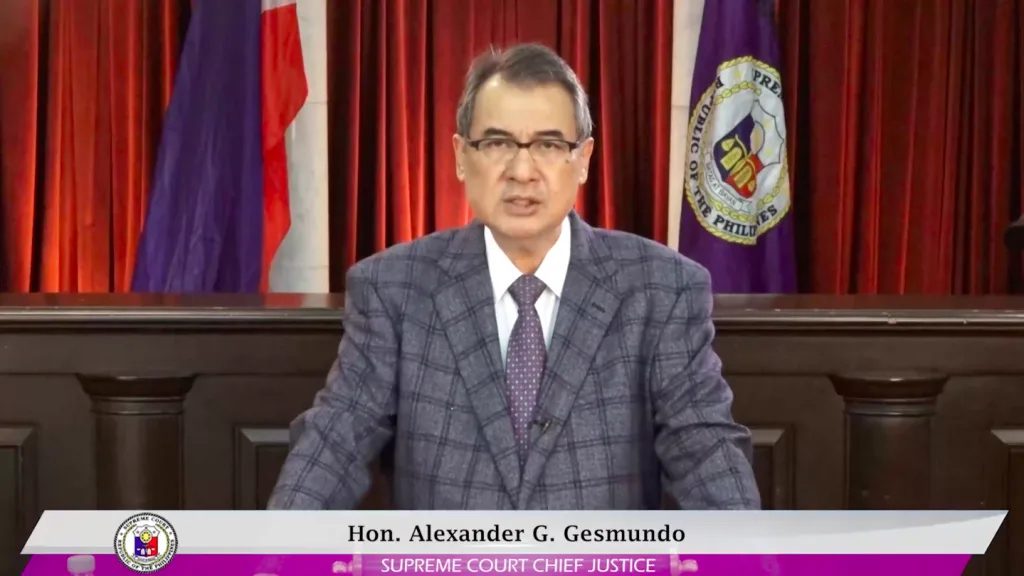
MANILA, Philippines – The case lead in petitions against the anti-terror law and five other Supreme Court justices had voted to remove an “ambigous” clause in the crime of recruitment to terror groups under the feared law, but lost to nine of their colleagues, led by Chief Justice Anexander Gesmundo, who voted to retain it.
Section 10 of Republic Act No. 11479 or the Anti-Terrorism Act of 2020 punishes recruitment to terror groups, even those deemed to be “organized for the purpose of engaging in terrorism.”
The case lead, now retired associate justice Rosmari Carandang, and five other justices including Senior Associate Justice Estela Perlas Bernabe wanted to delete the phrase “organized for the purpose of engaging in terrorism” from Section 10 of the law.
“[We] agree with petitioners that charges under this instance would be very easy to fabricate since the lack of standards may give law enforcers free rein in determining which groups are so-called organized for the purpose of engaging in terrorism,” said the ruling penned by Carandang released on Tuesday, February 15.
The six justices would have removed the phrase in Section 10, calling it “ambiguous” and “should be struck down for violating the freedom of association.”
“Without any sufficient or discernible parameters, the third instance of membership penalized under Section 10 would necessarily fail to accord persons fair notice of what conduct they should avoid, and would give law enforcers unrestrained discretion in ascertaining that an organization, association, or group was organized for the purpose of engaging in terrorism,” said the Carandang ruling.
The ruling says the vote was 6-9, and “the controlling opinion on this issue is found in the opinion of Chief Justice Gesmundo.”
In December 2021, the High Court ruled to uphold most of the law, one of the most contested Philippine laws in modern history. The Court only struck down two things – the so-called killer proviso under Section 4 which was feared to give leeway to law enforcement to interpret dissent as an act of terrorism, and the benign second mode of designation under Section 25, which is adopting designation by a foreign jurisdiction.
What Gesmundo said
Gesmundo said the guidelines of parameters that the six justices were looking for are already provided under Section 4 of the law, or the definitions which were largely upheld except for the killer proviso.
Under Section 4, terror acts are acts which, among others, intend to cause death, serious bodily injury, extensive damage to public or private properties, extensive interference to critical infrastructure.
Gesmundo said “the standards or guidelines for which the purpose is to be determined are provided in the very definition of terrorism itself which is found in Section 4 of the Anti-Terror Act.” In total, Gesmundo voted to largely uphold the law, saying the contested designation and prolonged detention provisions (Sections 25 and 29) were not unconstitutional.
Some petitioners called the ruling a small victory, while others slammed it as a “mere consolation” from the Court as it does not provide the “protection” that they sought.
“We do not deserve this mere consolation from the Supreme Court. We deserve more than that. We deserve protection,” said petitioner and noted women’s rights lawyer Virginia Suarez in an earlier press conference.
Go to the Court later
In deciding a case, the Supreme Court fist determines if it has jurisdiction over it. Generally, this means that all remedies have been exhausted, or the straight resort to the Court is justified. In this case, the issue of whether there is an actual case was discussed a lot since none of the petitioners had been arrested, much less indicted in relation to the anti-terror law.
The Supreme Court ruled that some of the provisions were a valid application of facial challenge, or a legal contest without the need for an actual injury, just by the threat to free speech.
But there were some issues that the Court left untouched – the Court said there needs to be actual cases like the crimes of planning, facilitating, and providing material support.
The Court also left unresolved the issue of whether the judicial authorization to surveil a terror suspect rendered useless the extraordinary protective writs like amparo and habeas data.
Also left unresolved was Section 34, which authorizes the Anti-Terrorism Council to put under house arrest someone who had been granted bail.
“These shall be resolved in the proper actual case entailing the adjudication of questions of fact and the reception of evidence which the Court is institutionally incapable to perform,” said the ruling.
“The Court must emphasize, however that this holding does not will not and should not preclude subsequent challenges by individuals or groups who may in the future, eventually come before this Court once again to assail the Constitutionality of the unresolved provisions of the law,” the ruling added.

– Rappler.com
Add a comment
How does this make you feel?
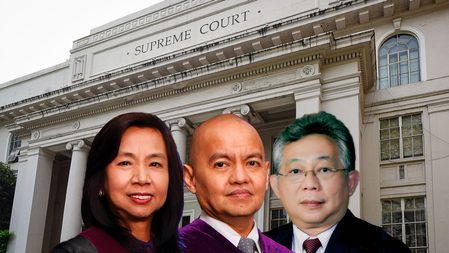

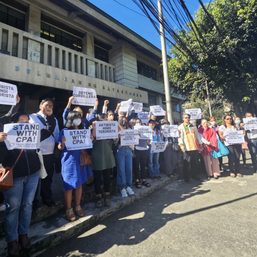
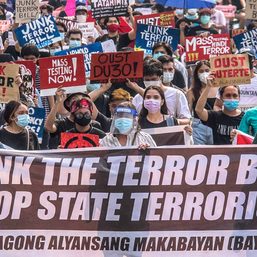
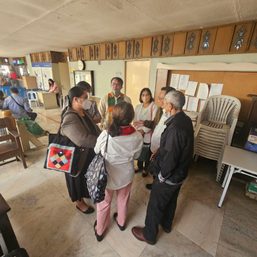
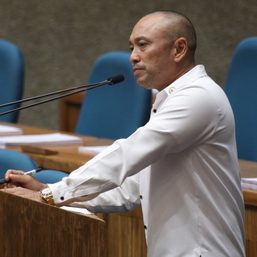
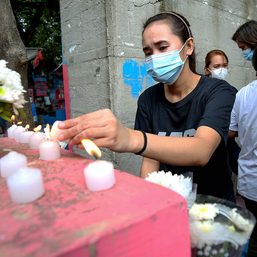

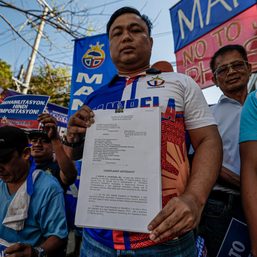

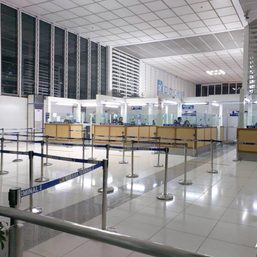
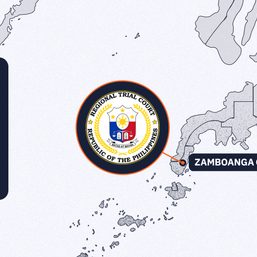
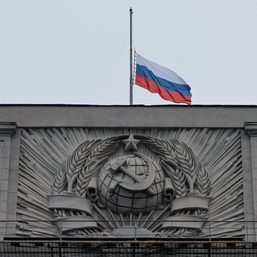
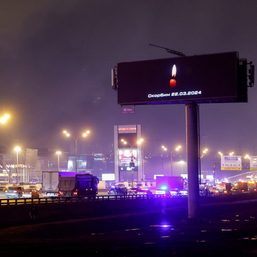
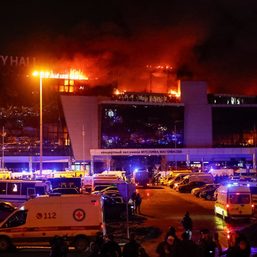
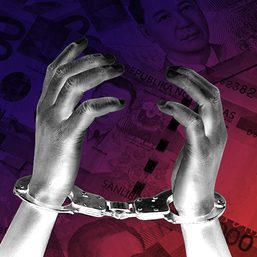
There are no comments yet. Add your comment to start the conversation.